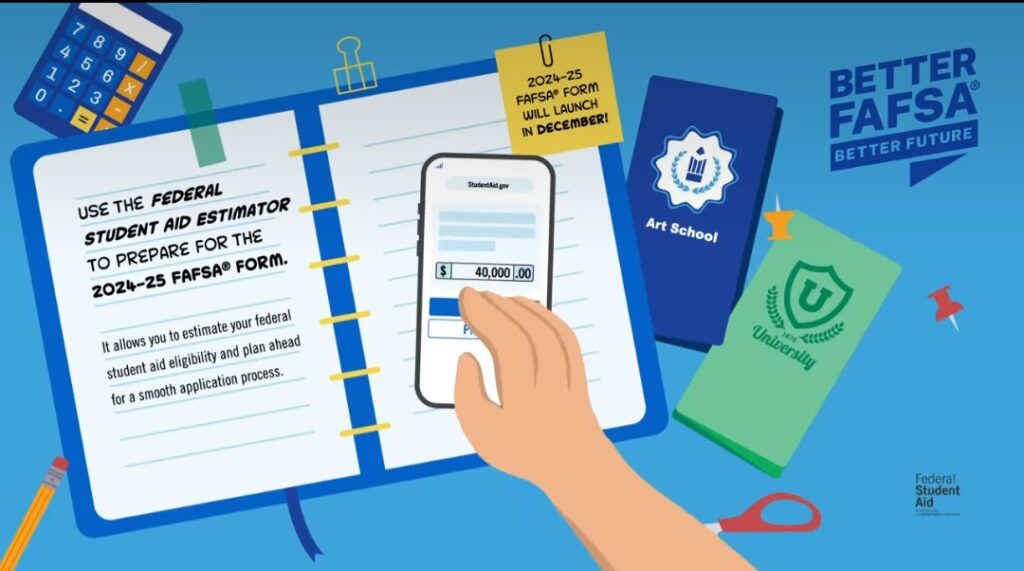Written by The University of Maryland Eastern Shore
Students and their families applying for financial aid for the 2024-25 school year will see changes that are meant to simplify the complex and cumbersome process.
One of the first changes will be the start date for the Free Application for Federal Student Aid (FAFSA) forms for the procedure, which will be available Dec. 31.
“FAFSA is experiencing its greatest change in nearly 40 years,” said Danena Livingston, the Director of Financial Aid at the University of Maryland Eastern Shore. “They wanted to remove questions that really have no bearing on the amount of federal aid that students would receive.”
With the changes, UMES is trying to adapt like all other financial aid departments across the country.
To ensure that UMES students and their parents are better educated on the significant changes, Livingston and the financial aid staff have been preparing by participating in Department of Education seminars and training sessions.
They’ve also engaged in an extensive communications campaign with flyers, screensavers, text messages, and weekly installments called “FAFSA Tip Tuesdays”.
Some of the differences in this year’s FAFSA include streamlining the form by reducing the number of questions from 108 to 46, changing how students and parents enter information in the FAFSA form, and how financial aid departments must report all Federal Work-Study earnings as student income.
“It’s supposed to be more simple for students, but it’s a lot more administrative responsibilities on the institution’s part,” she said.
The overhauled process and new date were the result of the passage of the FAFSA Simplification Act, which went into effect on July 1. Some of the changes as part of the new legislation include the replacement of expected family contributions in determining financial aid, the expansion of access to Federal Pell Grants, and streamlining of the FAFSA form, according to the U.S. Department of Education’s website.
Information for the tax year 2022 will be required and will be automatically retrieved and imported into the FAFSA form if consent is given by each contributor. Failure to give consent may lead to delays in the ability to receive financial aid.
With the changes in the FAFSA geared to helping widen the reach of financial aid, there may be some students who may be negatively impacted by the new process.
“It could be a situation where a student that was Pell eligible through their junior year but now as a senior, they are no longer eligible,” Livingston said. “The question is, what can we do for those students?”
Livingston said that in order to mitigate those potential situations, her division has been working on doing projections to get a determination of how many students may be impacted.
“We want to arm ourselves with the knowledge with what we can anticipate the funds we may need to help our students so that they don’t feel any potential impact with this change,” she said.

